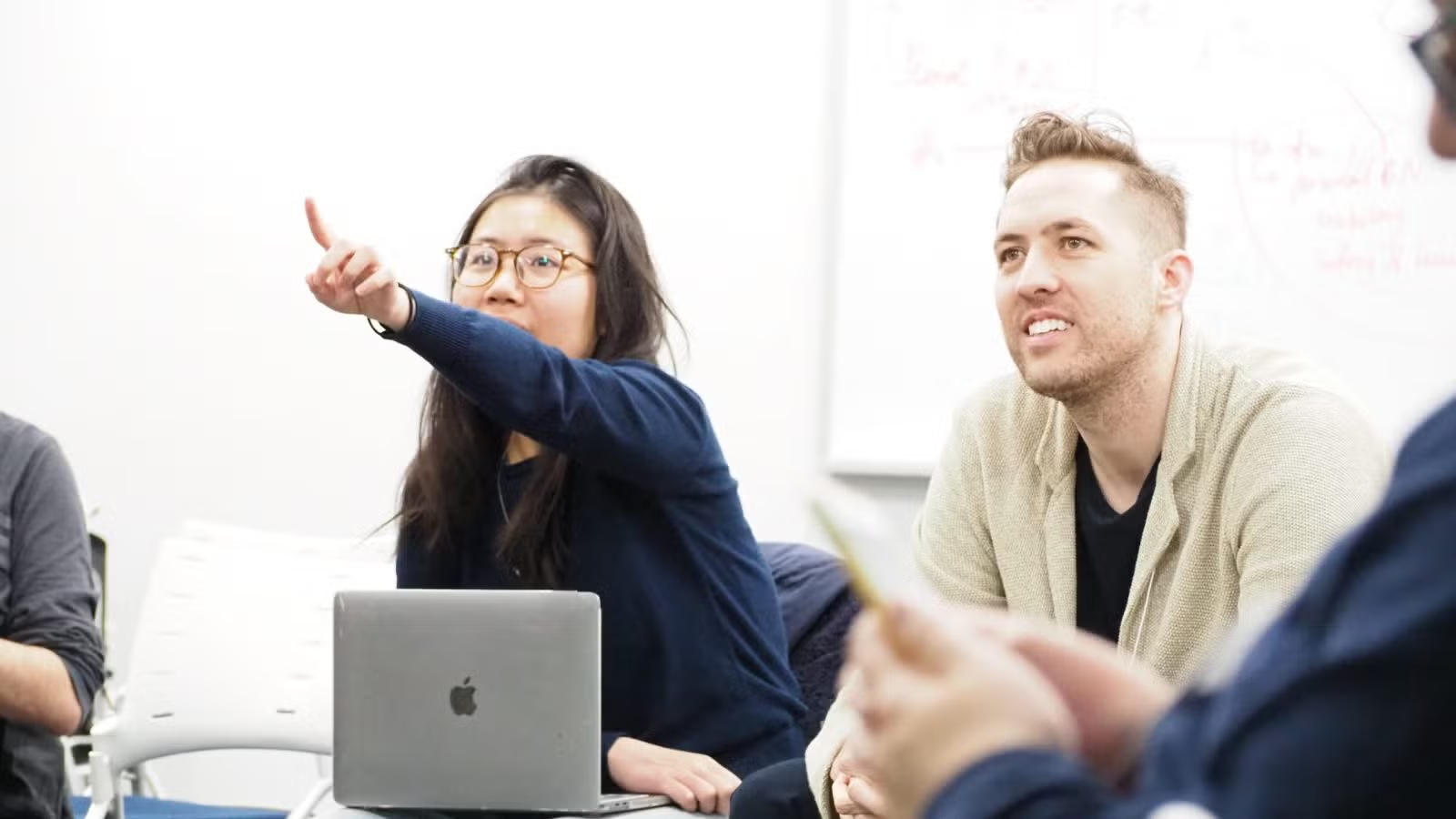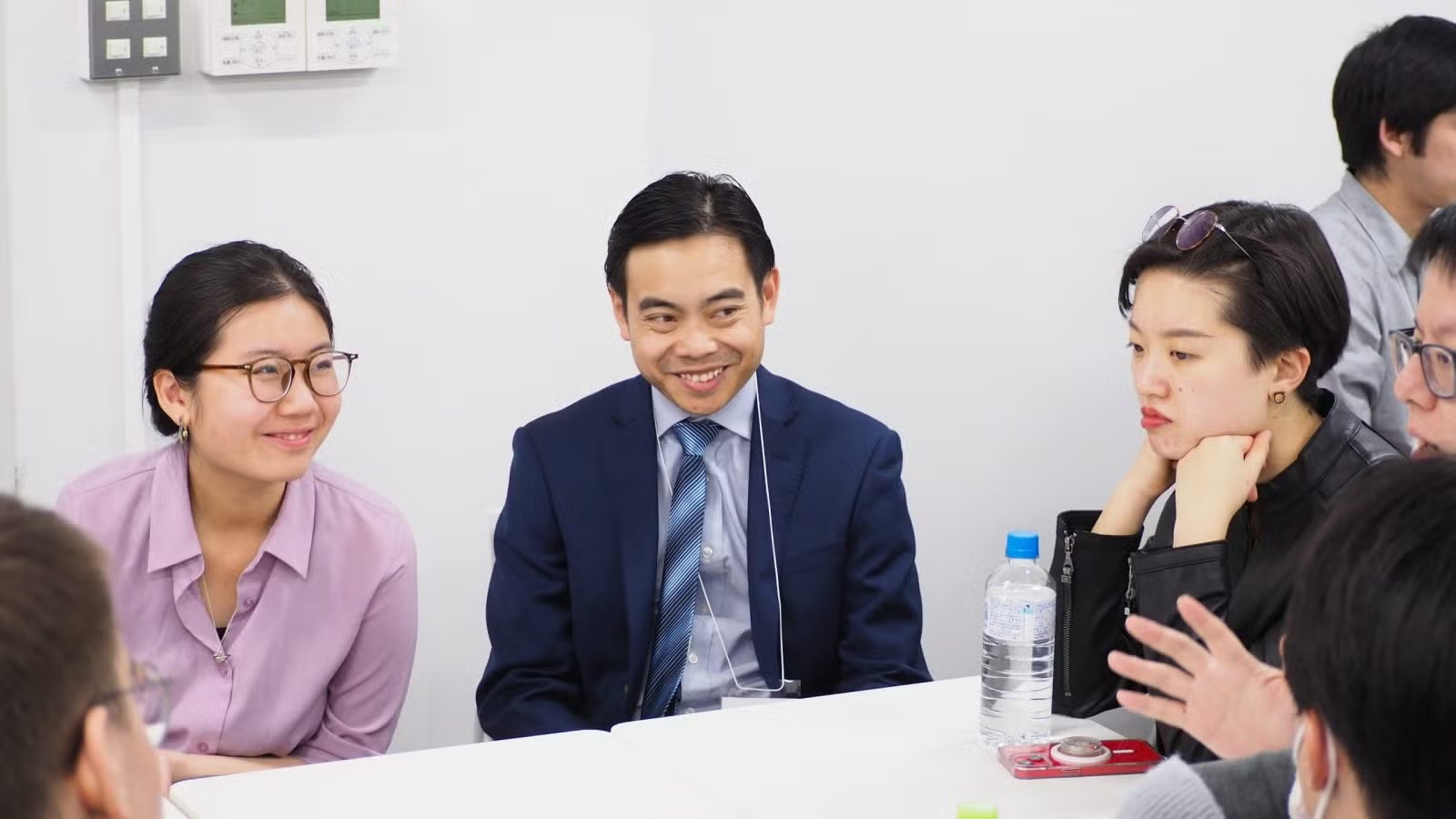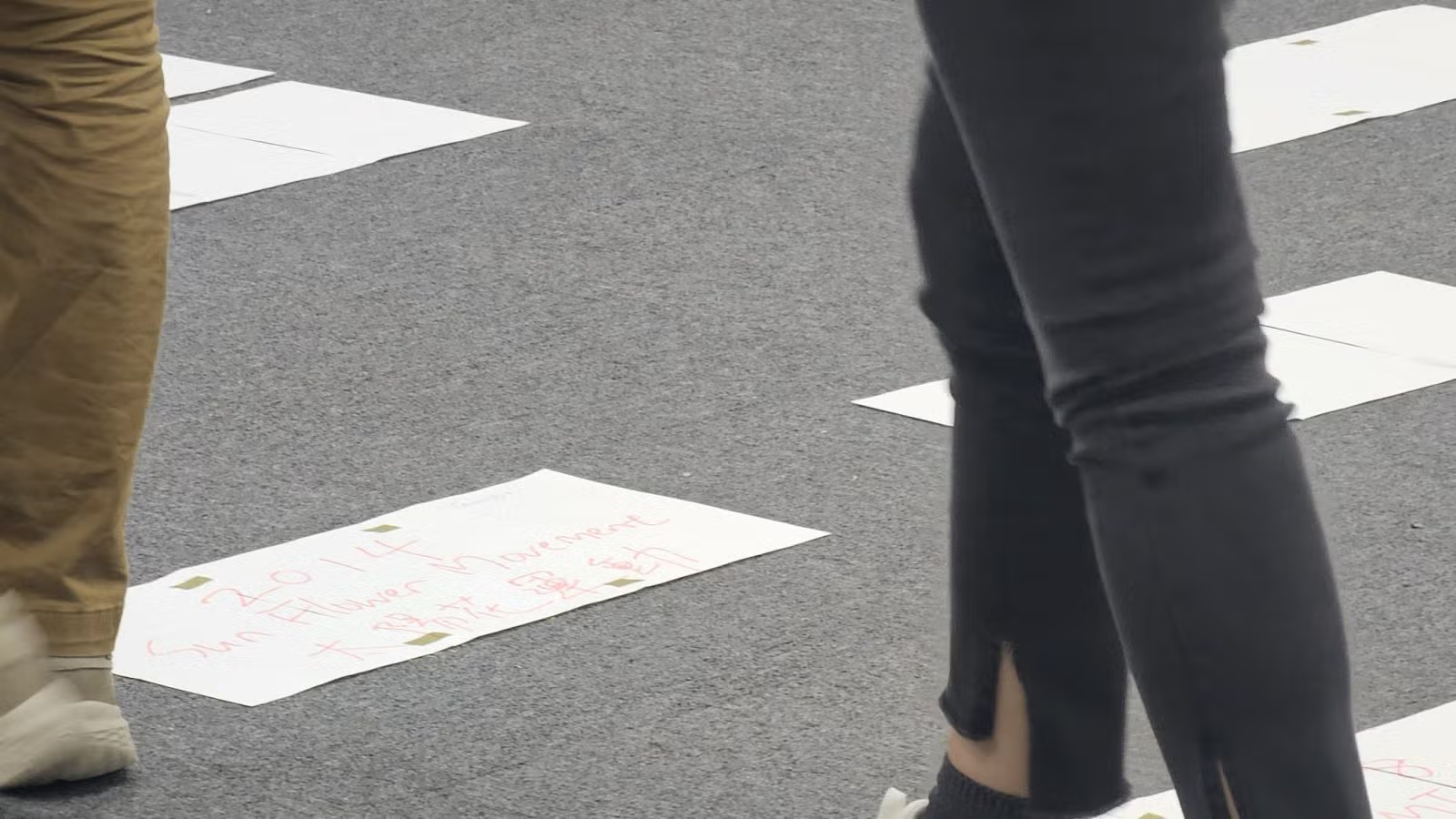MSFS offers funding to support students’ professional development. First-year MSFS student and STIA-concentrator, Lam Tran, used this opportunity to attend Strait Talk, a multinational dialogue workshop that convenes young professionals to transform cross-Strait relations. Read more about her experience below.




Q:Can you share a little about why you attended Strait Talk and what you did during your time at the dialogue?
A: Strait Talk (海峽尋新), a multinational peacemaking initiative, convenes young professionals and civil society leaders from the United States, Mainland China, and Taiwan to engage in dialogue on cross-Strait relations. This year, for the first time, the program was hosted in Tokyo and included delegates from Japan, introducing new regional perspectives on developments in the Taiwan Strait. I applied to and attended Strait Talk to deepen my understanding of how young Taiwanese and Mainland Chinese perceive the conflict and its potential resolutions. I had previously worked on U.S. foreign policy in the Indo-Pacific from a Washington DC-focused lens, and my understanding of the Taiwan Strait issue was shaped by strategic and defense-planning considerations. I wanted to widen this lens.
At Strait Talk Tokyo, sixteen emerging leaders from four countries—representing diverse backgrounds in activism, politics, law, security, economics, and psychology—came together under the guidance of experienced facilitators. Over five days, we engaged in an Interactive Conflict Resolution (ICR) process, drafting a consensus document that captured our perspectives and proposals for addressing cross-Strait tensions. This experience allowed me to form meaningful relationships with delegates from across the social and political spectrum. Through this collaborative process, we developed creative approaches to conflict prevention. The dialogue culminated in a public event at the University of Tokyo, where we presented our consensus document to journalists, scholars, and students.
Q: MSFS provides grants to support students’ professional development which students use for language training, support during internships, and to attend conferences like Strait Talk. What did you find most rewarding about your experience at Strait Talk? Why did you use your MSFS funding for this experience, and how will it add to your studies at MSFS?
A: The most rewarding part of Strait Talk is the sense of cautious optimism I gained after reaching a consensus with peers who hold different political and ideological beliefs. Through exercises such as the history walk-through, where we examined how delegates from each of the four countries perceive major historical cross-Strait events, I gained insights into the diverse narratives surrounding the issue. I learned how these differing perspectives both within and between each delegation. Experiencing open and honest conversations with peers who are invested in the Taiwan Strait issue—and who were willing to find common ground despite differing perspectives—reinforced my belief in the value of diplomacy. This experience reaffirmed my motivation to pursue a career in international affairs.
Strait Talk enriched my academic experience at MSFS by providing an opportunity to apply theories and skills from my coursework in a real-world setting. In the fall semester, I took International Negotiation with Professor Mark Habeeb, where we explored and assessed negotiation strategies, backchannel diplomacy, and creative problem-solving in international conflicts. Throughout the dialogue, I drew upon these concepts, for team strategy development, informal negotiations, and consensus-building. In addition, my final paper for this class focused on what a negotiated outcome could look like for cross-Strait conflicts. Writing and refining my paper during the dialogue, while engaging in discussions with fellow delegates, provided invaluable insights that went beyond what I could have gained from academic literature alone.
Q: How did takeaways from this experience help with your professional development? Or, how do you plan to use your experiences at this conference in your professional development?
As an aspiring diplomat, my experience at Strait Talk Tokyo reinforced my belief in diplomacy’s power to prevent conflict and foster long-term peace. The dialogue helped me hone essential diplomatic skills, including negotiation, public speaking, and relationship-building. I also gained a new appreciation for diplomats and negotiators through the hours we spent debating and scrutinizing each word and sentence in the consensus document. More importantly, I formed meaningful connections with like-minded peers from different institutions and countries, many of whom I hope to collaborate with in the future.
While my primary academic focus at MSFS is on science and technology policy, this experience has inspired me to explore grassroots peacebuilding while at Georgetown. Engaging directly with individuals affected by cross-Strait tensions has deepened my appreciation for the human dimensions of international conflicts—an understanding that will shape my professional journey in the years to come.
